Video FAQ's
Watch our short video answers to some of the most frequently asked questions about Dendritic Cell Therapy and LDG.
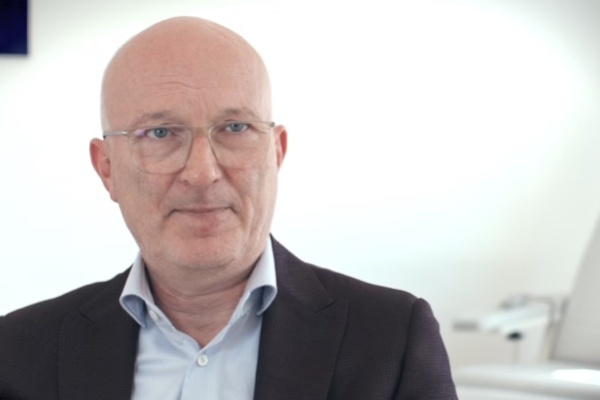
So does dendritic cell therapy fit together with other oncologic therapies like radiation therapy or like chemotherapy?
DCT with Chemo Therapy
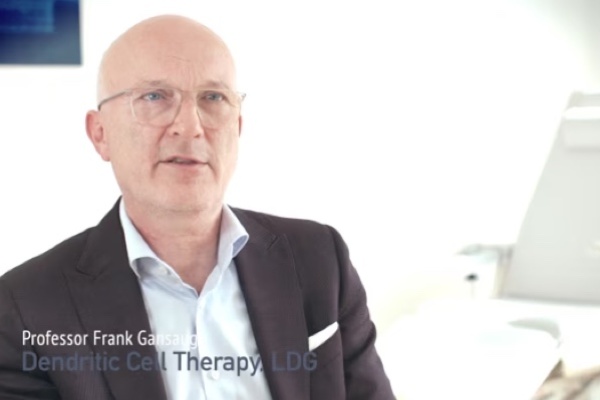
Does immunotherapy, meaning antibody therapy, interferes with dendritic cell therapy?
Does immunotherapy, meaning antibody therapy, interferes with dendritic cell therapy?
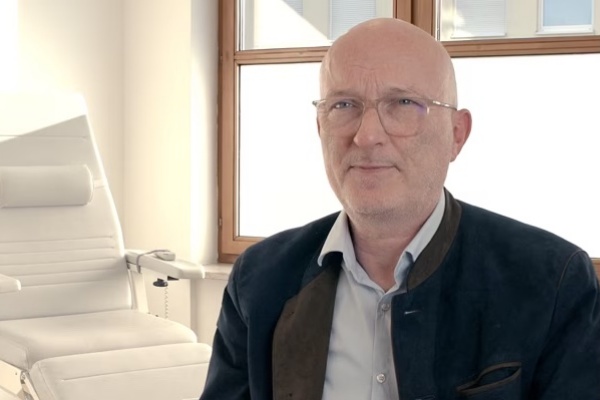
Our Own State-of-the-Art Laboratory
Do you have your own laboratory?
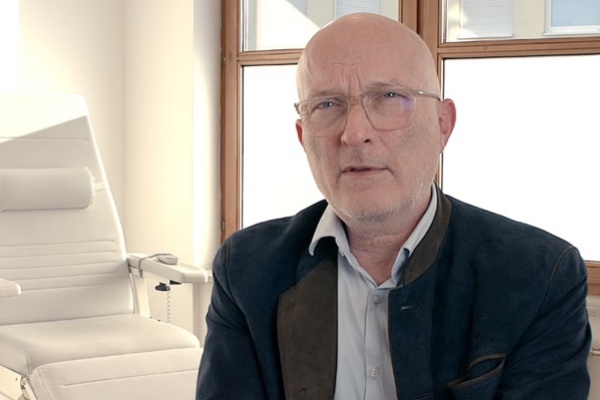
DCT with Radiotherapy
Does radiotherapy reduce the effectiveness of DCT?

What is DCT?
What is DCT?
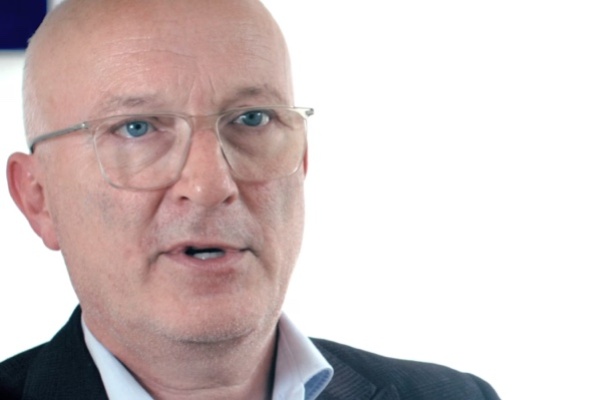
What should I expect?
What to expect from DCT in terms of results?
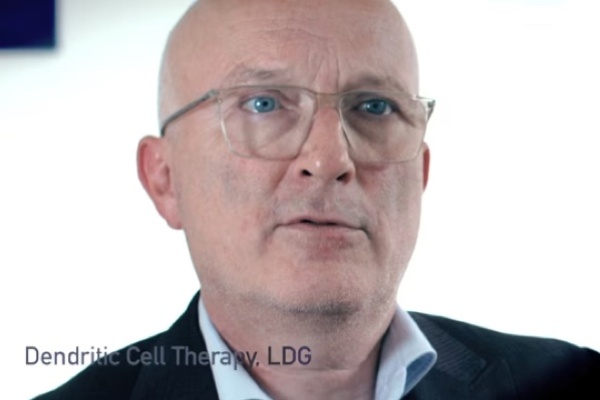
Who do I see?
Who is my consultation with and is there any follow up?
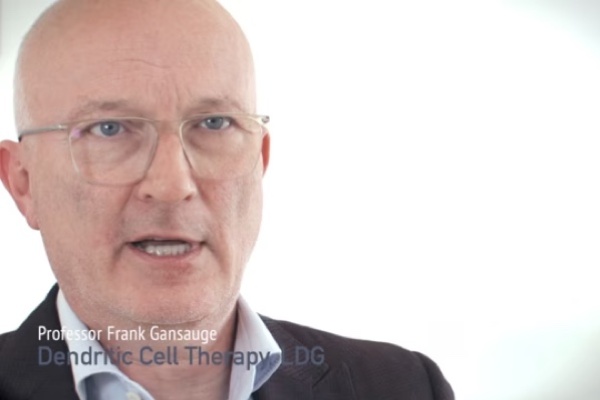
What is LDG?
What is Laboratories Dr. Gansauge (LDG)?
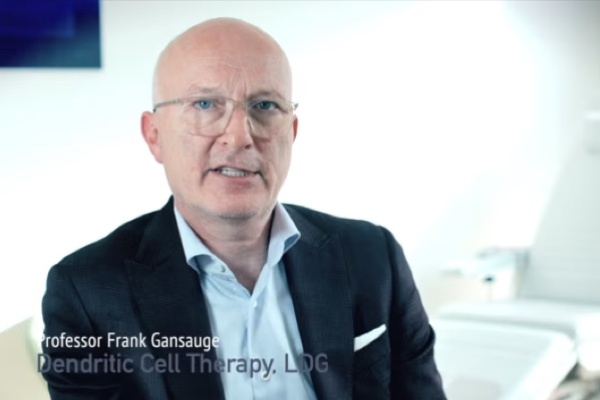
How long does it take?
How long does it take to get the DCT?
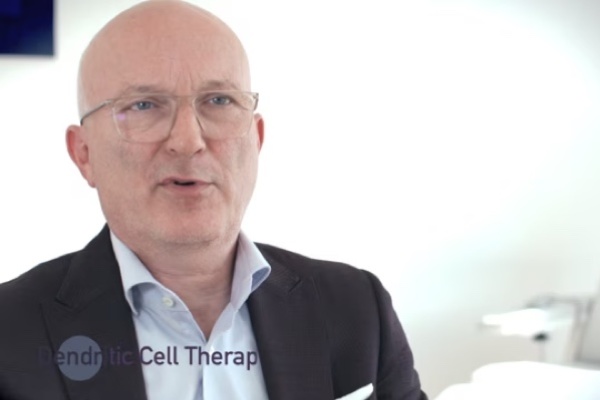
What is the process for the patient?
What is the process for the patient?
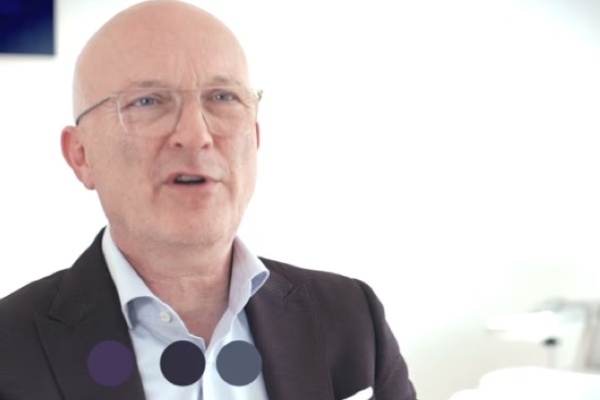
What happens if DCT fails?
What happens if the DCT fails?
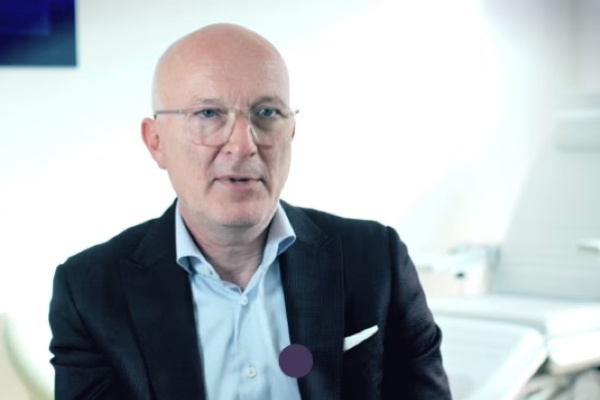
Is diet important?
Do I need to change my diet?

Is DCT Compatible with chemo?
How do I fit DCT into my chemo cycle?
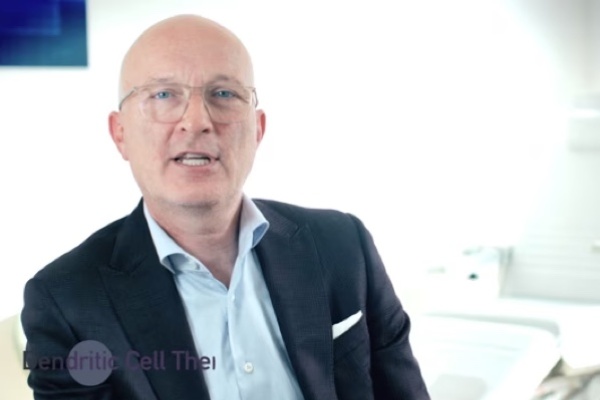
Is DCT a replacement?
Should I use DCT in place of standard therapy?
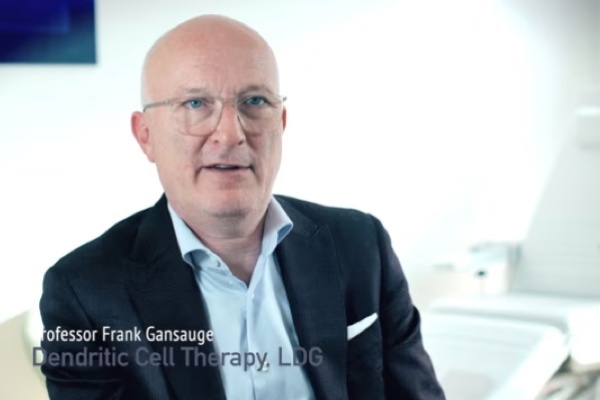
Will I need more than one dose?
Will I need more than one dose?
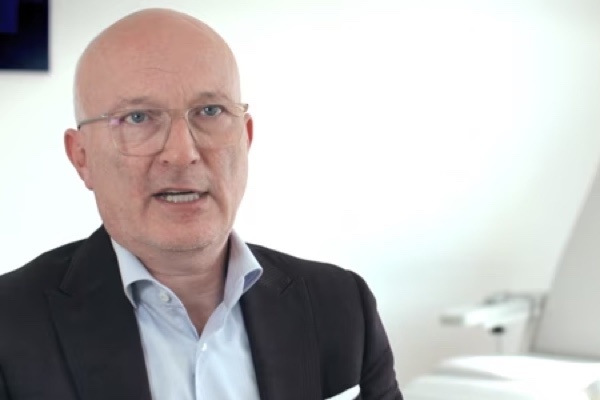
What is unique about DCT with LDG?
What is unique about DCT with LDG?
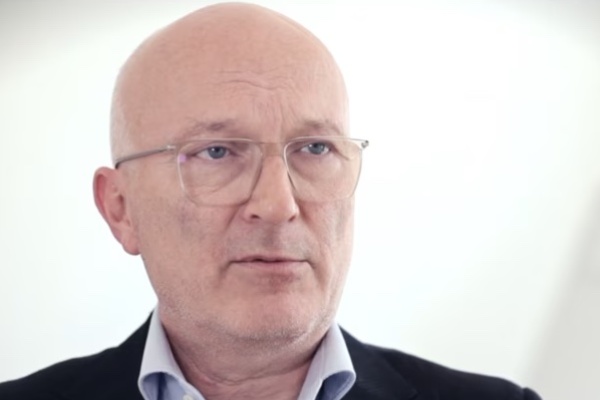
What do LDG Contribute to the field?
What is LDG's Contribution to field of DCT?
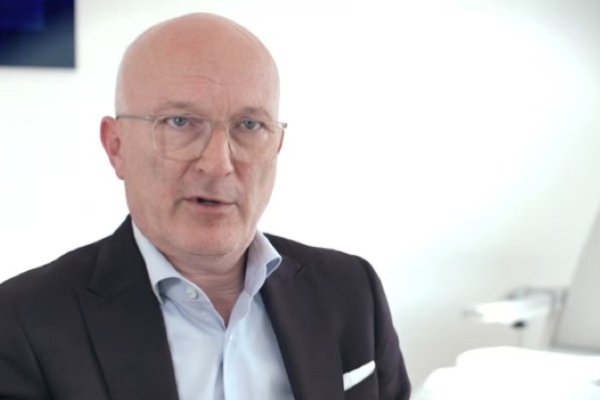
How challenging is setting up a lab?
How challenging is setting up a lab?
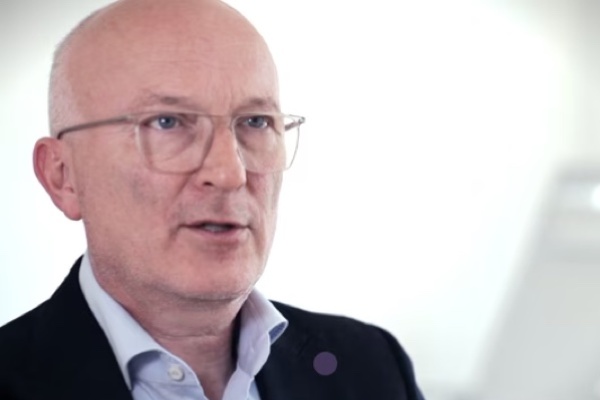
How is DCT regulated?
How is DCT regulated?
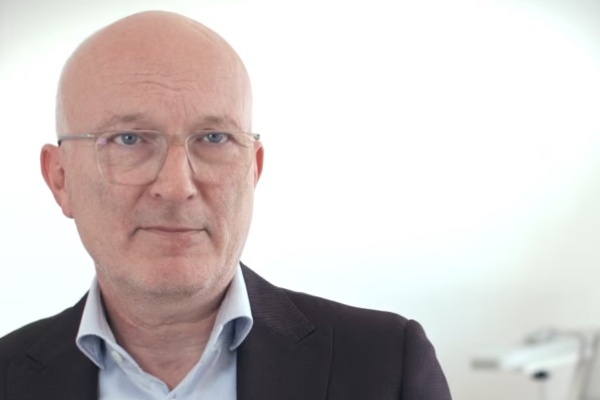
How has LDG impacted the field of DCT?
How has LDG impacted the field of DCT?
Testimonials
See what our patients are saying about us.
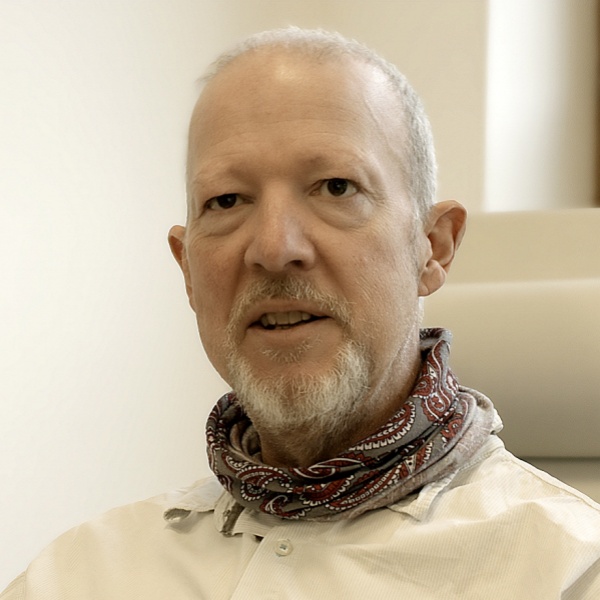
Matt
“In my case I do feel that DCT has greatly improved my outcomes.”
Watch the Video
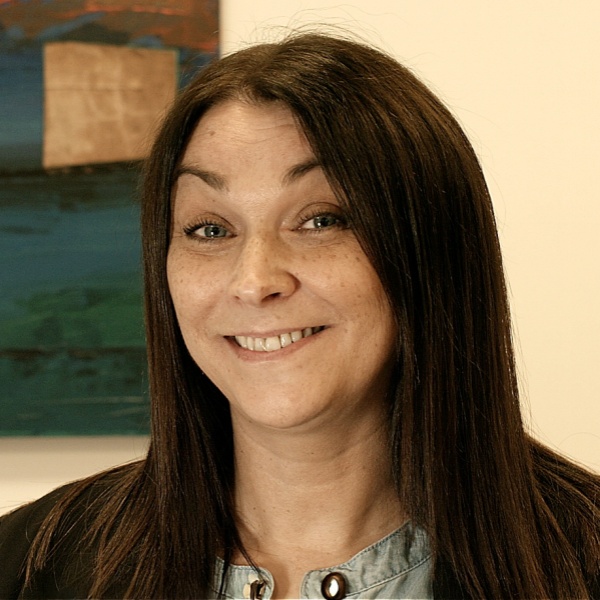
Wendy
“Everything seems to be working and my cancer is stable... I’m very happy with the results.”
Watch the Video
Get in touch
Request a call back.
We will be back in touch with you as soon as we can.
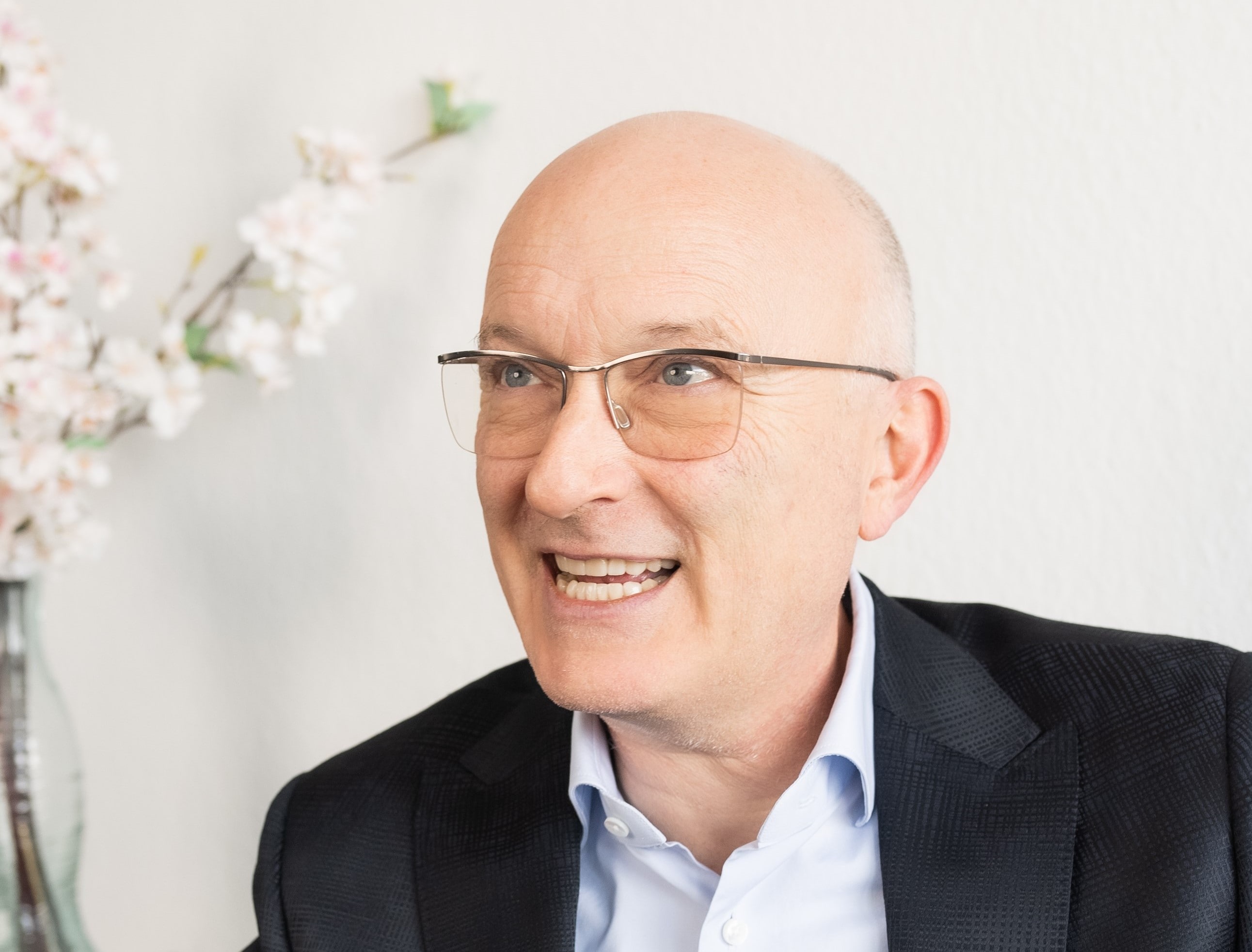
Phone Availability
Mon - Fri 08.00 - 12.00 CET